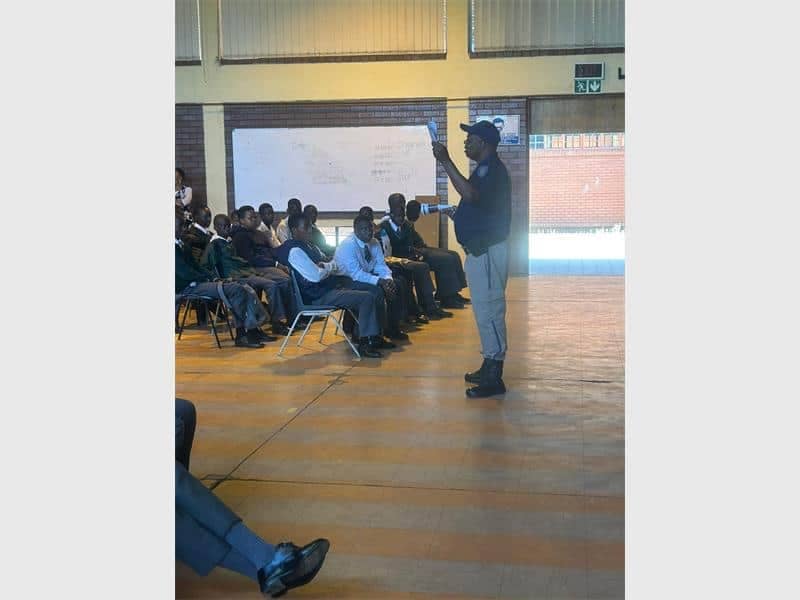
CAPTION: To keep your kids safe, don’t let them walk home alone. Photo: Marina Stoichkova/Pexels
Safety must remain top of mind for everyone, especially teenagers and young adults, who are particularly vulnerable to crime.
SA continues to face alarmingly high levels of crime and violence, and too often, young people are the ones targeted.
Therefore, Youth Month should serve as a rallying call for parents and caregivers to renew their commitment to youth safety.
“As adults, we have the responsibility to teach young people how to stay safe and secure,” says Charnel Hattingh, the group head of communications and marketing at the Fidelity Services Group.
“If we can instil in them the ability to avoid risks and look after themselves, we can have a real, positive impact. A good place to start is by equipping young South Africans with the tools they need to be safe.”
Hattingh says much can be done to improve safety near schools and shares practical advice for Youth Month.
“Areas around schools are often prime spots for opportunistic criminals. Children walking with cellphones visible are particularly at risk, and there are still cases where learners are either threatened with a weapon or tricked into handing over their phones to a ‘stranger in need’.”
Other crimes common near schools include hijackings of parents waiting to pick up their children, armed robberies and vehicle theft.
“Criminals count on parents being distracted during school drop-off and pick-up times. Many are absorbed in their routines, not paying attention to their surroundings. This is the danger of daily monotony,” Hattingh says.
She offers these safety tips for parents and learners:
• Children should never leave school premises with anyone they don’t know;
• Those waiting to be fetched should remain inside the school grounds;
• Children who walk home should do so in groups and stick to familiar routes.
Hattingh stresses the importance of preparing children for when things go wrong.
“It’s essential that children of all ages know how to respond to danger. Do your kids know how to contact the SAPS or find help in a busy public space if you’re separated?
“Have you practised what they should do in those situations? There are good, honest adults willing to help, children need to know how to find them.”
“We have a responsibility to create a safer world for future generations. That starts with empowering children today,” she says.
Lastly, Hattingh encourages parents to maintain open communication with teenagers so they feel confident to speak up and report abuse.
At Caxton, we employ humans to generate daily fresh news, not AI intervention. Happy reading!
Stay in the know. Download the Caxton Local News Network App here.



